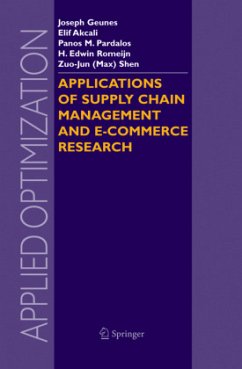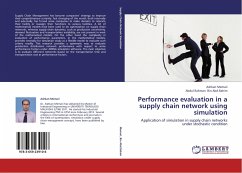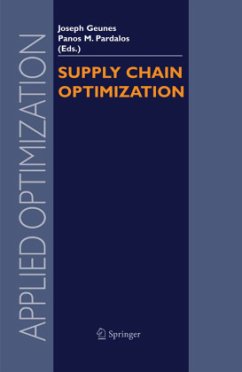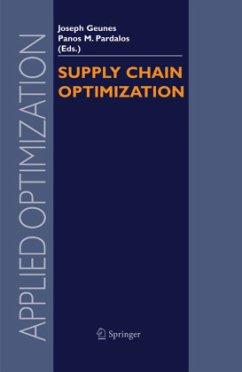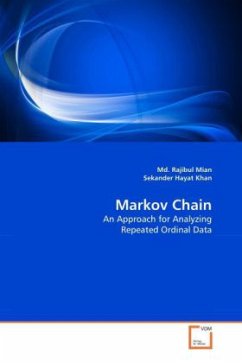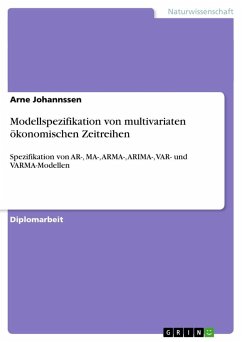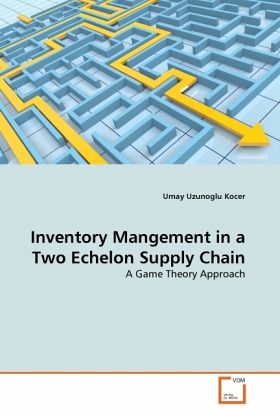
Inventory Mangement in a Two Echelon Supply Chain
A Game Theory Approach
Versandkostenfrei!
Versandfertig in 6-10 Tagen
32,99 €
inkl. MwSt.

PAYBACK Punkte
16 °P sammeln!
The base stock policy for a serial two echelon supply chain with independent but non-stationary (time dependent) demand is discussed. Each stage incurs certain holding cost and shortage cost at the end of each period. The system is examined under both centralized and decentralized control scheme. In decentralized frame, two different game formulations are considered. The first one is the repeated game. In each period a one-period game is played and for T- period finite horizon, these one-period games are played T times. Each one-period game has a unique Nash equilibrium, however when the one-p...
The base stock policy for a serial two echelon supply chain with independent but non-stationary (time dependent) demand is discussed. Each stage incurs certain holding cost and shortage cost at the end of each period. The system is examined under both centralized and decentralized control scheme. In decentralized frame, two different game formulations are considered. The first one is the repeated game. In each period a one-period game is played and for T- period finite horizon, these one-period games are played T times. Each one-period game has a unique Nash equilibrium, however when the one-period game is repeated, different equilibrium points may be obtained in each period. This fact derives the need for defining subgames. By working backward, subgame perfect equilibrium for the repeated game can be obtained. Having studied the case in which the decisions made independently in each period, the case in which the decisions made in the past has influence on current decisions is considered. This requires a stochastic game (Markovian game) formulation. The solution is found by Markov perfect equilibrium.




